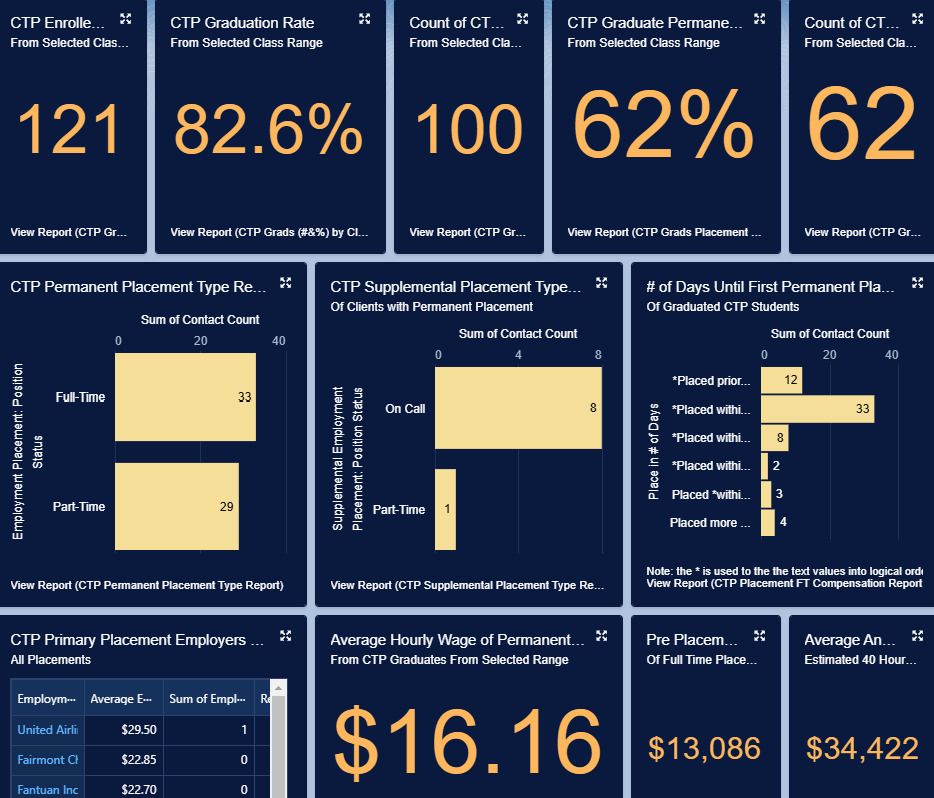Click to enlarge
What We Do
CASL’s Center for Social Impact (CSI) promotes social impact for AANHPIs in our communities and beyond by advancing data-driven solutions and equitable policy initiatives aimed at engaging and supporting CASL’s mission and vision. Our agency-wide case management technology (Salesforce) allows us to be at the forefront of best practices in assessment and evaluation methods. The result is a daily dose of real-time information that:
-
- Highlights the needs of our community
- Indicates areas of improvement
- Assists staff in making informed decisions
- Demonstrates our impact
- Contributes to shaping equitable social policy
CSI conducts program and research activities to address the community’s social needs. The goals of these activities are to:
-
- Support the implementation of CASL’s data-informed practices by researching program models, social service delivery mechanisms, and best practices in quality and care standards
- Mobilize cutting-edge technology to increase the quality, efficacy, and efficiency of CASL’s services and social impact
- Educate CASL’s stakeholders on the social conditions and needs of our community, as well as the AANHPI community as a whole
- Advance policies and create programs offering services that seek to bridge the socioeconomic gap between AANHPI communities and the general population
- Assess the impact of policy changes for the AANHPI community
- Promote the ethical and responsible use of technology to conduct participatory-style research in the development, implementation and evaluation of fair and equitable policies
Why It Matters
In the summer of 2020, CSI first implemented a Social Drivers of Health (SDOH) and a Quality of Life (QoL) assessment to better understand our clients’ everyday needs. As much as 80% of health outcomes are driven by socioeconomic factors, physical environment, and health behaviors–otherwise known as SDOH. The conditions in which clients are born, live, learn, work, play, worship, and age take into account both material and non-material attributes. QoL is defined as an individual’s well-being within their living context at a particular point in time. It is a subjective measure that considers an individual’s goals, expectations, standards, and values. SDOH and QoL also shape the landscape of how CASL delivers social services and measures positive impact.
Our SDOH and QoL assessment reports provided us with a multi-dimensional road map for our clients’ holistic health. By identifying differences between the responses from our sample and the general population in Chicago, we were better able to understand barriers to health equity and define solutions to eliminate them.
These projects have led to the development of Change InSight®, the first known national social drivers of health (SDOH) data platform for the nation’s Asian American, Native Hawaiian, and Pacific Islander (AANHPI) communities. Powered by the Chinese American Service League, Change InSight® partners with community-based social service organizations across the country to collect, analyze, and disseminate community-level data to uncover the unique issues facing AANHPI communities and encourage and advocate for change.




